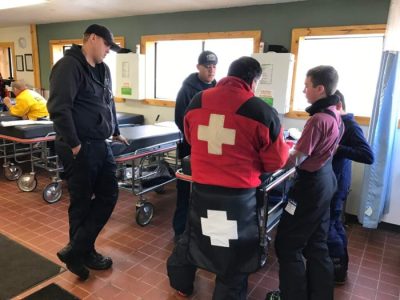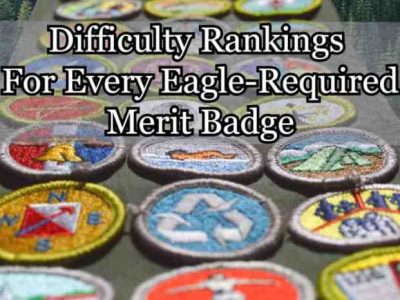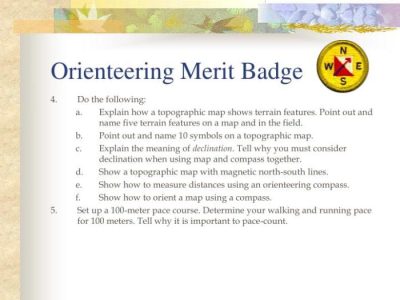Venturing into the realm of Scout navigation challenge competitions unveils a world of adventure, skill, and camaraderie. These competitions challenge young individuals to navigate through diverse terrains, relying on their knowledge of maps, compasses, and GPS devices. By participating in these challenges, Scouts cultivate essential life skills that extend beyond the wilderness.
Scout navigation challenges come in various forms, each testing a unique set of abilities. Orienteering, compass courses, and GPS navigation demand different levels of expertise and problem-solving capabilities. The difficulty and complexity of these challenges vary, providing opportunities for Scouts of all skill levels to participate and grow.
Scout Navigation Challenge Competitions
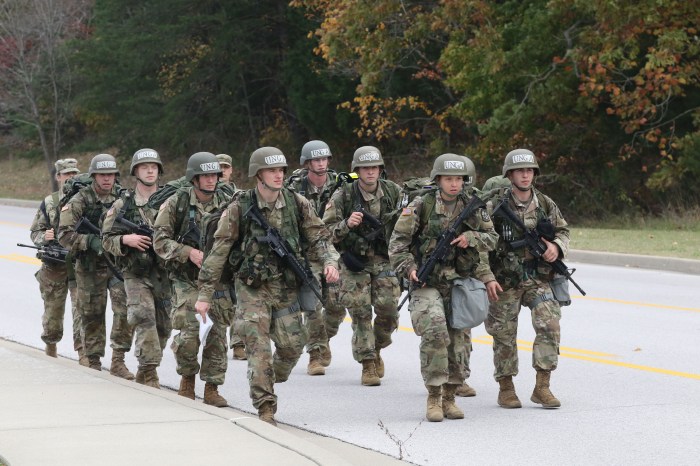
Scout navigation challenge competitions are competitive events designed to test the navigational skills of Scouts and encourage them to develop their abilities in orienteering, map reading, and compass work.
These competitions provide a fun and challenging way for Scouts to learn and practice essential outdoor skills, foster teamwork and problem-solving abilities, and promote a love for nature and adventure.
Historical Context and Evolution
Scout navigation challenges have been a part of Scouting since its inception in the early 1900s. Initially, these challenges were informal events organized by local Scout troops and districts.
Over the years, navigation challenges have evolved into more structured competitions with standardized rules and regulations. National and international competitions are now held regularly, attracting top Scouts from around the world.
Types of Scout Navigation Challenges: Scout Navigation Challenge Competitions
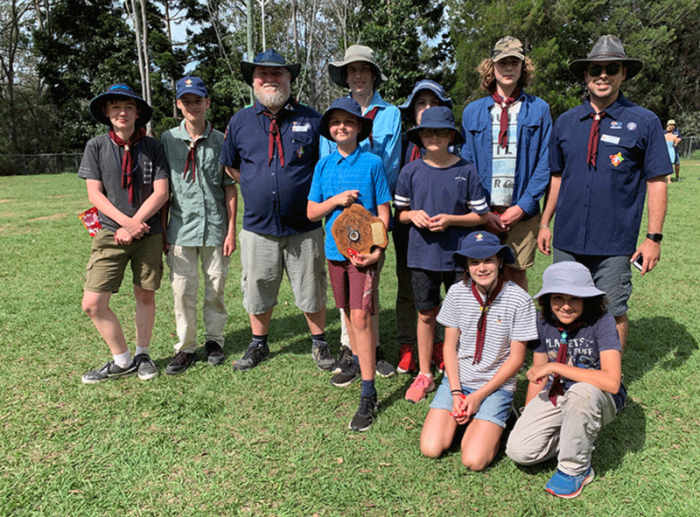
Scout navigation challenges test Scouts’ abilities to use maps, compasses, and GPS devices to navigate through unfamiliar terrain. These challenges vary in difficulty and complexity, from beginner-friendly orienteering courses to advanced GPS navigation competitions.
Each type of challenge requires a different set of skills and knowledge. Orienteering, for example, emphasizes map reading and compass skills, while compass courses focus on using a compass to navigate a set course. GPS navigation challenges, on the other hand, require proficiency in using GPS devices to find specific locations or follow a predefined route.
Orienteering
Orienteering is a navigation sport that involves using a map and compass to navigate through unfamiliar terrain. Participants must find a series of checkpoints in a specific order, using only the map and compass to guide them.
Orienteering requires strong map reading skills, as well as the ability to use a compass to determine direction and distance. Participants must also be able to make quick decisions and adapt to changing conditions.
Compass Courses
Compass courses are another type of navigation challenge that emphasizes compass skills. Participants must follow a set course using only a compass and a map. The course may include obstacles, such as hills or streams, that participants must navigate around.
Compass courses require a good understanding of how to use a compass, as well as the ability to follow directions accurately. Participants must also be able to maintain a steady pace and stay on course, even in challenging conditions.
GPS Navigation
GPS navigation challenges require participants to use GPS devices to find specific locations or follow a predefined route. GPS devices use satellites to determine their location, and they can be used to navigate in a variety of environments.
GPS navigation challenges require a basic understanding of how to use a GPS device. Participants must also be able to interpret the information displayed on the device and make decisions based on that information.
Training and Preparation for Scout Navigation Challenges
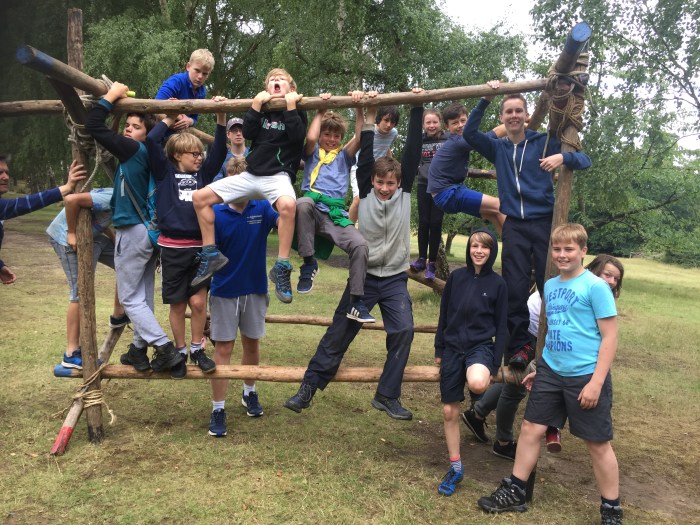
To excel in Scout navigation challenges, participants must possess a solid foundation in essential skills and knowledge. These include map reading, compass use, orienteering, and problem-solving. Effective training and preparation are crucial to developing these skills and ensuring success in navigation competitions.
Skill Development
Participants should practice map reading regularly, becoming proficient in interpreting symbols, scales, and contours. They must also master compass use, including declination adjustment and triangulation techniques. Orienteering exercises, such as following a predetermined course, enhance spatial awareness and decision-making abilities.
Techniques for Effective Preparation
Thorough preparation involves breaking down navigation challenges into smaller, manageable tasks. Participants should create a training plan that focuses on specific skills, allocating time for both theoretical learning and practical application. Regular field exercises in diverse environments provide valuable hands-on experience and help participants adapt to different terrains.
Teamwork and Communication, Scout navigation challenge competitions
Navigation challenges often involve teams working together to achieve a common goal. Effective communication and teamwork are essential for success. Participants should practice communicating clearly and concisely, sharing information, and coordinating their efforts. They must also develop trust and respect within the team, fostering a supportive and collaborative environment.
Strategies and Tactics for Scout Navigation Challenges
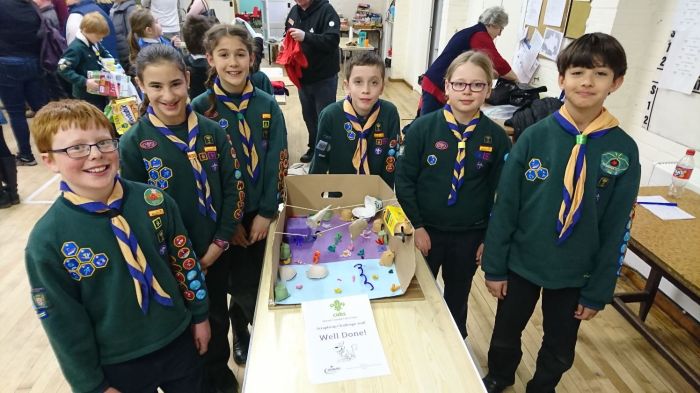
Navigation challenges for Scouts require a combination of strategy and tactics to overcome obstacles and complete the course efficiently. Participants must possess a solid understanding of navigation techniques and the ability to adapt to changing conditions.
Successful Navigation Techniques
Successful navigation involves using various techniques such as:
-
-*Triangulation
Determining a location by measuring angles from known points.
-*Dead Reckoning
Calculating a position based on a starting point and direction traveled.
-*Map Reading
Interpreting topographic maps to identify landmarks and terrain features.
-*Compass Use
Using a compass to determine direction and orientation.
Decision-Making Processes
Effective navigation requires sound decision-making. Scouts must:
-
-*Assess the Situation
Evaluate the terrain, obstacles, and time constraints.
-*Plan a Route
Determine the most efficient path, considering distance, obstacles, and available resources.
-*Adjust Course
Adapt the route as needed based on changing conditions or new information.
Adaptability and Problem-Solving
Navigation challenges often involve unexpected obstacles or changes in terrain. Scouts must be adaptable and able to problem-solve effectively to overcome these challenges. This includes:
-
-*Flexibility
Adjusting strategies and tactics to suit the situation.
-*Critical Thinking
Analyzing information and making informed decisions.
-*Resourcefulness
Using available resources and terrain features to aid navigation.
By mastering these strategies and tactics, Scouts can enhance their navigation skills and excel in navigation challenges.
Safety Considerations in Scout Navigation Challenges
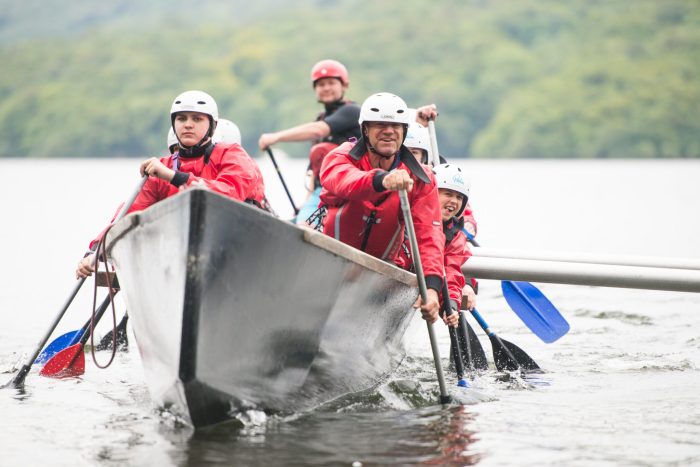
Scout navigation challenges are designed to test the skills and abilities of Scouts in wilderness navigation. However, these activities also come with inherent risks and hazards that must be carefully considered to ensure the safety of participants.Potential hazards in Scout navigation challenges include:
- Getting lost or disoriented
- Encountering wildlife
- Exposure to extreme weather conditions
- Physical injuries from falls or other accidents
To mitigate these risks, it is crucial to implement comprehensive safety protocols and procedures. These may include:
- Requiring participants to carry appropriate gear and supplies
- Establishing clear boundaries and time limits for the challenge
- Providing participants with training on wilderness safety and navigation techniques
- Having trained staff on hand to supervise the activity and respond to emergencies
By following these safety guidelines, Scout navigation challenges can be conducted in a safe and enjoyable manner, allowing Scouts to develop their navigation skills while minimizing the risks associated with these activities.
Case Studies and Examples of Scout Navigation Challenges
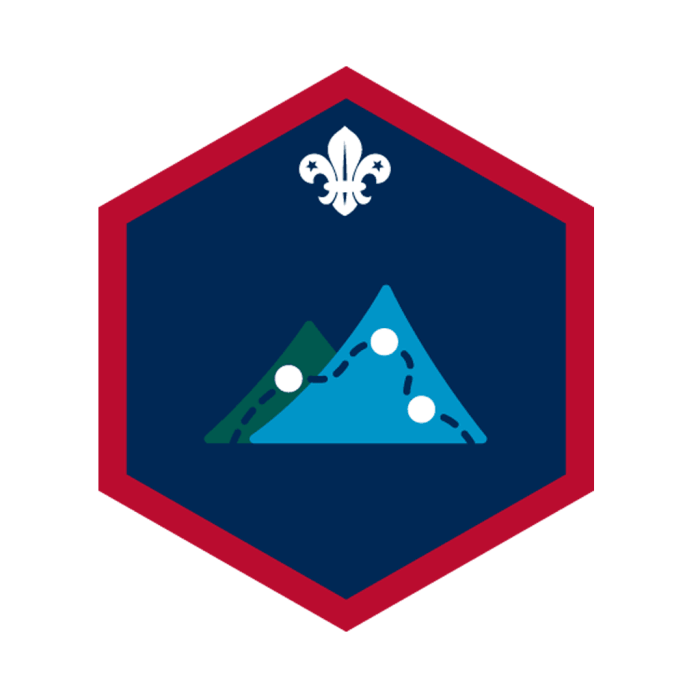
Scout navigation challenges test the skills and knowledge of young people in the outdoors. These challenges can take many forms, from simple orienteering courses to complex multi-day expeditions. In this section, we will share case studies and examples of successful Scout navigation challenges, providing detailed accounts of the challenges faced and the strategies employed.
We will also highlight the lessons learned and best practices for future participants.
National Scout Jamboree
The National Scout Jamboree is a quadrennial event that brings together thousands of Scouts from across the United States. In 2019, the Jamboree included a navigation challenge that required Scouts to use a map and compass to find their way through a series of checkpoints.
The challenge was designed to test the Scouts’ ability to navigate in unfamiliar territory and to work together as a team.
One of the most successful teams in the challenge was from Troop 123 in New York City. The team consisted of six Scouts, all of whom had extensive experience in orienteering and backcountry navigation. The team’s strategy was to divide the course into smaller sections and to assign each Scout to a specific section.
This allowed the team to cover more ground and to identify potential obstacles more quickly.
The team also made use of a variety of navigation tools, including a map, compass, and GPS device. The team’s ability to use these tools effectively allowed them to stay on course and to avoid getting lost. In the end, the team completed the challenge in the fastest time of any team in their age group.
Lessons Learned
The National Scout Jamboree navigation challenge is just one example of the many different types of navigation challenges that Scouts can participate in. These challenges can be a great way for Scouts to learn about navigation, teamwork, and problem-solving. Here are some of the lessons that Scouts can learn from participating in navigation challenges:
- The importance of planning and preparation.
- The value of teamwork and communication.
- The ability to use a map and compass effectively.
- The importance of staying calm and focused in challenging situations.
By participating in navigation challenges, Scouts can develop the skills and knowledge that they need to be successful in the outdoors. These challenges can also help Scouts to build confidence and to learn about the importance of teamwork and cooperation.
Concluding Remarks

Scout navigation challenge competitions not only foster outdoor skills but also promote teamwork, communication, and adaptability. By working together and overcoming obstacles, Scouts develop a sense of accomplishment and camaraderie that extends beyond the competition itself. These challenges serve as valuable training grounds, equipping young people with the skills and confidence to navigate the challenges of life’s journey.
FAQ Guide
What are the objectives of Scout navigation challenge competitions?
Scout navigation challenge competitions aim to develop Scouts’ navigation skills, problem-solving abilities, teamwork, and outdoor proficiency.
How do Scouts prepare for these competitions?
Preparation involves practicing map reading, compass navigation, GPS usage, and teamwork strategies.
What are some common hazards associated with Scout navigation challenges?
Potential hazards include getting lost, encountering wildlife, or experiencing extreme weather conditions. Safety protocols and supervision are essential.

